Neste texto Margaret Mead surpreende ao revelar que a primeira evidência de uma cultura civilizada não são artefatos materiais, mas sim um fêmur curado. Através desta perspectiva única, Mead nos convida a refletir sobre o verdadeiro significado da civilização e como os momentos de crise podem nos ensinar a ser mais humanos. Prepare-se para uma leitura que irá desafiar suas noções preconcebidas sobre o que nos torna civilizados e nos inspirar a elevar nossa consciência para o nível da regeneração através do serviço aos outros.
| Audio | |
|---|---|
Normal | Slow |
| English Transcript | Tradução |
| The first sign of civilization in a culture | O primeiro sinal de civilização em uma cultura |
| Many years ago, a student asked anthropologist Margaret Mead: | Há muitos anos, um aluno perguntou à antropóloga Margaret Mead: |
| "What do you consider to be the first sign of civilization in a culture?" | "O que a senhora considera ser o primeiro sinal de civilização numa cultura?" |
| The student expected Mead to talk about fishhooks, clay pots, or grinding stones. | O aluno esperava que Mead falasse a respeito de anzóis, panelas de barro ou pedras de amolar. |
| But no. | Mas não. |
| Mead said: | Mead disse: |
| "The first sign of civilization in an ancient culture was a healed femur." | "O primeiro sinal de civilização numa cultura antiga era um fêmur quebrado e cicatrizado." |
| Mead explained that in the animal kingdom, if you break your leg, you die. | Mead explicou que no reino animal, se você quebrar a perna, morre. |
| You cannot run from danger, go to the river to drink water, or hunt for food. | Você não pode correr do perigo, ir até o rio para beber água ou caçar comida. |
| You are fresh meat for predators. | Você é carne fresca para os predadores. |
| No animal survives a broken leg long enough for the bone to heal. | Nenhum animal sobrevive a uma perna quebrada por tempo suficiente para o osso sarar. |
| A healed femur is evidence that someone took time to stay with the one who fell, treated the wound, carried the person to safety, and cared for them until they recovered. | Um fêmur quebrado que cicatrizou é evidência de que alguém teve tempo para ficar com aquele que caiu, tratou da ferida, levou a pessoa à segurança e cuidou dela até que se recuperasse. |
| Helping someone through difficulty is where civilization begins, Mead said. | Ajudar alguém durante a dificuldade é onde a civilização começa, disse Mead. |
| We are at our best when we serve others. | Estamos no nosso melhor quando servimos aos outros. |
| Moments of crisis help us learn to be civilized… and to elevate our vibration to the level of regeneration. | Os momentos de crise nos ajudam a aprendermos a ser civilizados e a elevar nossa vibração ao nível de regeneração. |
Contagem de palavras
A tabela abaixo exibe as palavras encontradas neste texto, bem como o número de vezes em que aparecem.
Veja também: Para que serve esta tabela?
| Freq. | Palavra | Freq. | Palavra | Freq. | Palavra |
|---|---|---|---|---|---|
| 11 | the | 10 | to | 6 | a |
| 5 | you | 5 | of | 5 | mead |
| 4 | in | 4 | for | 4 | civilization |
| 3 | sign | 3 | first | 3 | culture |
| 2 | we | 2 | that | 2 | student |
| 2 | someone | 2 | said | 2 | our |
| 2 | or | 2 | no | 2 | leg |
| 2 | is | 2 | healed | 2 | femur |
| 2 | be | 2 | are | 2 | animal |
| 2 | and | 1 | your | 1 | years |
| 1 | wound | 1 | with | 1 | who |
| 1 | where | 1 | when | 1 | what |
| 1 | water | 1 | was | 1 | vibration |
| 1 | us | 1 | until | 1 | treated |
| 1 | took | 1 | time | 1 | through |
| 1 | they | 1 | them | 1 | talk |
| 1 | survives | 1 | stones | 1 | stay |
| 1 | serve | 1 | safety | 1 | run |
| 1 | river | 1 | regeneration | 1 | recovered |
| 1 | predators | 1 | pots | 1 | person |
| 1 | others | 1 | one | 1 | moments |
| 1 | meat | 1 | margaret | 1 | many |
| 1 | long | 1 | level | 1 | learn |
| 1 | kingdom | 1 | if | 1 | hunt |
| 1 | helping | 1 | help | 1 | heal |
| 1 | grinding | 1 | go | 1 | from |
| 1 | fresh | 1 | food | 1 | fishhooks |
| 1 | fell | 1 | explained | 1 | expected |
| 1 | evidence | 1 | enough | 1 | elevate |
| 1 | drink | 1 | do | 1 | difficulty |
| 1 | die | 1 | danger | 1 | crisis |
| 1 | consider | 1 | clay | 1 | civilized |
| 1 | carried | 1 | cared | 1 | cannot |
| 1 | but | 1 | broken | 1 | break |
| 1 | bone | 1 | best | 1 | begins |
| 1 | at | 1 | asked | 1 | anthropologist |
| 1 | ancient | 1 | an | 1 | ago |
| 1 | about |


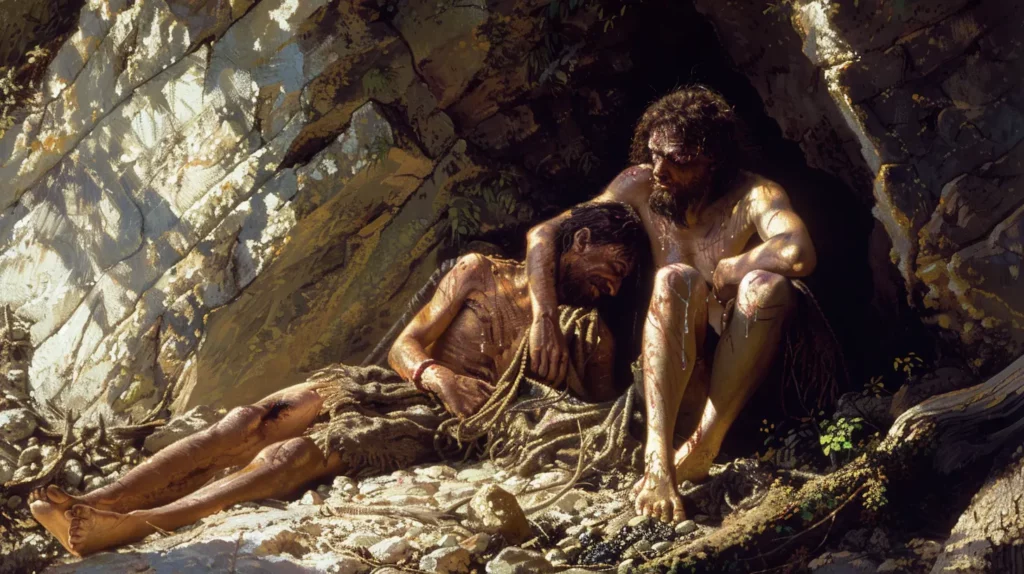
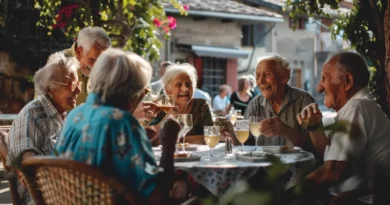

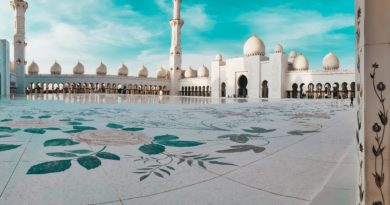
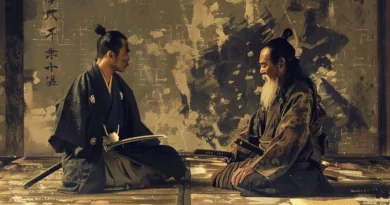

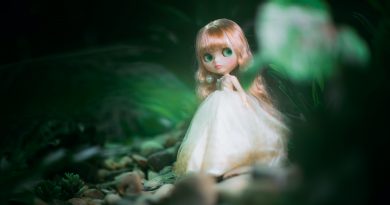
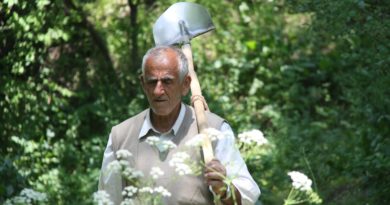

Excelente